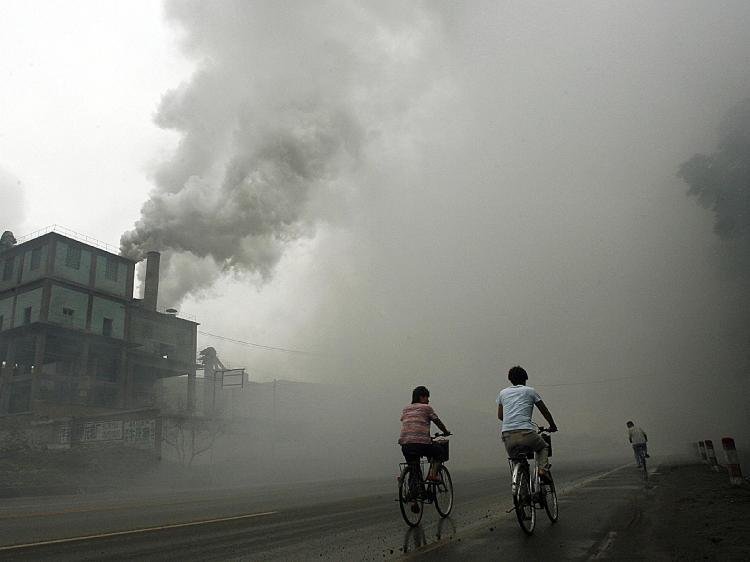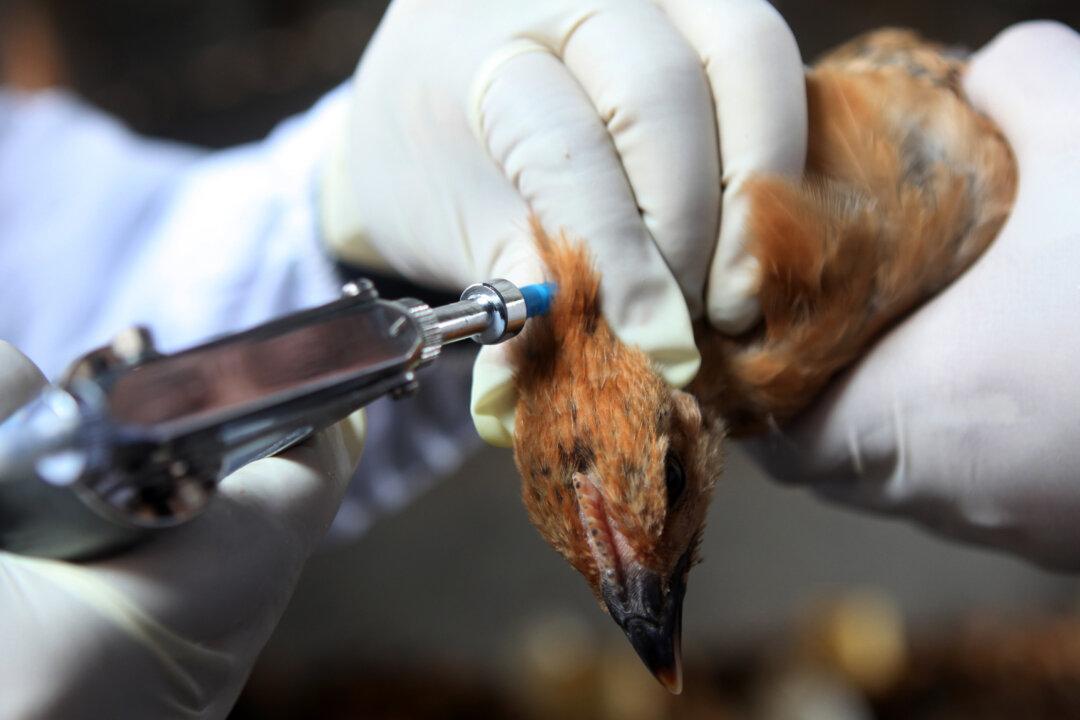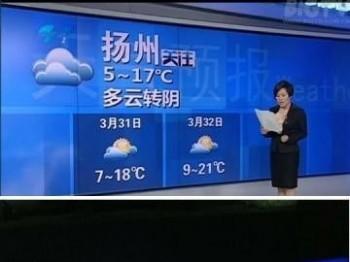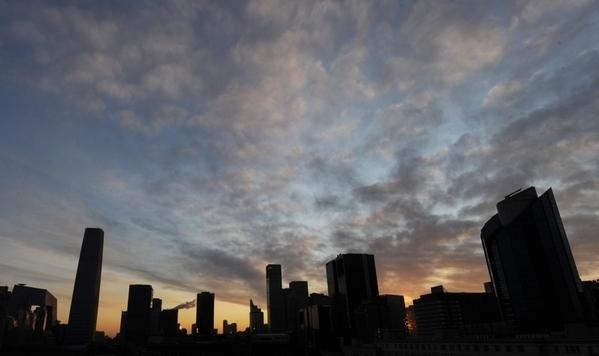Two years after his daughter died from leukemia thought to be linked to local pollution, Feng Jun, the girl’s father, did the only thing he could: file a lawsuit. That was in March this year. There have now been five hearings, and nothing has changed.
Feng accused the Hebei Dachang Jinming Accurate Cold-rolling Steel Plate Co. Ltd., a leading manufacturer in the province, of polluting the local villagers’ drinking water, directly causing his daughter’s death, and turning Erliban, located about 30 miles east of Beijing, into one of China’s many “cancer villages.”
The fifth and most recent hearing was on Dec. 2, and Feng is not surprised that nothing has come of it. Local Communist Party officials and business operators often work in collusion in such cases, with officials getting kickbacks as long as they can guarantee the company’s continued operations.
Since its establishment in March 2000, Jinming CS Co. Ltd. Hebei, as the group is called in Chinese, has become a leading manufacturer in Hebei Province. Locals think it has also become a leader in creating cancer villages.
Local farmers have repeatedly appealed to higher authorities, and have attempted to bring the issue directly to the company’s attention. But Jinming still continues to discharge waste water into the surrounding areas, through pipes that go underneath Feng’s village, and into the Baoqiu River.
Dead River, Poisoned Wells
The Baoqiu River is essential to Dachang County, as the main stream that flows through the area where Erliban village is located. Children used to play, fish, and swim in the summer, but now the river is a dank, dirty, dark brown flow that emits noxious smells.
Feng gave a second hand account of a local villager who saw a dog dying after eating a dead fish from the river, and goats dying after grazing from the grass beside. He said no crops can grow nearby.
He began to get alarmed, though, after his eldest daughter was diagnosed with cancer in March 2006. “When Ya Nan was diagnosed with leukemia, I started to suspect its association with the water taken from the wells in my village.”
He and his wife sent some well water samples to health organizations which showed that they weren’t fit for drinking. The arsenic level was three times more than it should have been, and manganese four times. “In these last several years we dare not drink the underground water taken from wells with a depth of less than one hundred meters. The water became red in all the old wells,” Feng said.
On June 6, 2007, Ya Nan began getting severe nose bleeds, a symptom of her worsening illness. By then, Feng had already started with the court cases. His daughter urged him not to spend money on her treatment, and nor did they have the means. She died two weeks later.
Feng says that now there are many cases of breast cancer and liver cancer in Erliban village, and that in the nearby village Xiadian more than fifty farmers have died from illnesses suspected to be related to exposure to pollution. “A twelve-year-old kid was diagnosed with stomach cancer!” Feng said. “As far as I know, 100 have died in the counties located nearest the company in the past years.”
Since rural residents have no access to publicly funded health care, it would have cost half a million yuan (US$73,200)to treat his daughters illness; the wages of an average farmer might hover at around 500 yuan (US$73)a month.
After Ya Nan’s death, Feng’s younger daughter was diagnosed with the blood disease thrombopenia. In her case they have been able to keep the condition under control.
Some wealthy farmers have moved away to villages or suburban areas closer to Beijing to escape the pollution, Feng remarked. “The persons who are not able to move away have no choice but to remain until they’re dead.
Appeals Met With Retaliation
Early in September 2001, villagers in Erliban appealed to the authorities about the pollution. The continual complaints led the company to drill two 300-meter-deep wells for the villagers. These deeper wells are safe, since the polluted water does not seep that far down.
Despite the concession, “At present the most terrifying thing to the farmers is the persecution and revenge by the local government,” Feng says. Although they appealed again in 2005, now no one dares to speak out.
At one point, the farmers collected the statistics for the cancer mortality cases in the villages nearby the Baoqiu River and were preparing to expose the truth. On the evening of one of their gatherings, the leader of the appeals group, Liu Qingfeng, was beaten by unknown men and his mini-store was robbed and trashed. The injuries from the attack were so bad, Feng said, that Liu went back to his home village to recuperate.
Something similar happened to Feng too. While walking to buy cigarettes around the corner from his house he was surrounded by three men. “One of them covered my head with clothing and they bundled me into a car and drove off, fast. Inside I was beaten until they were tired. They threw me out on the highway, giving the warning: ‘Don’t waste your time anymore.’”
Feng knows how the authorities operate, having already quit the Chinese Communist Party early in 1992 after being fed up with official corruption.
“It has been so difficult to hold on until now,” Feng said. His wife left him because she felt the constant fear of retaliation was too much to stand. Feng now lives with his elderly mother. Though his younger daughter is currently healthy, he says her heart has been damaged by the blood illness.
“Now I do it not for myself, but for the local people, so they won’t suffer as I have,” Feng said. “The Chinese Communist Party is sacrificing the lives of common people for a price. I am able to hold on and carry this forward—preferring to die rather than give up—because there is a force supporting me,” he said. “It’s those who still care for our cancer villages, it’s their compassion that’s supporting me.”
Read the original Chinese article.




